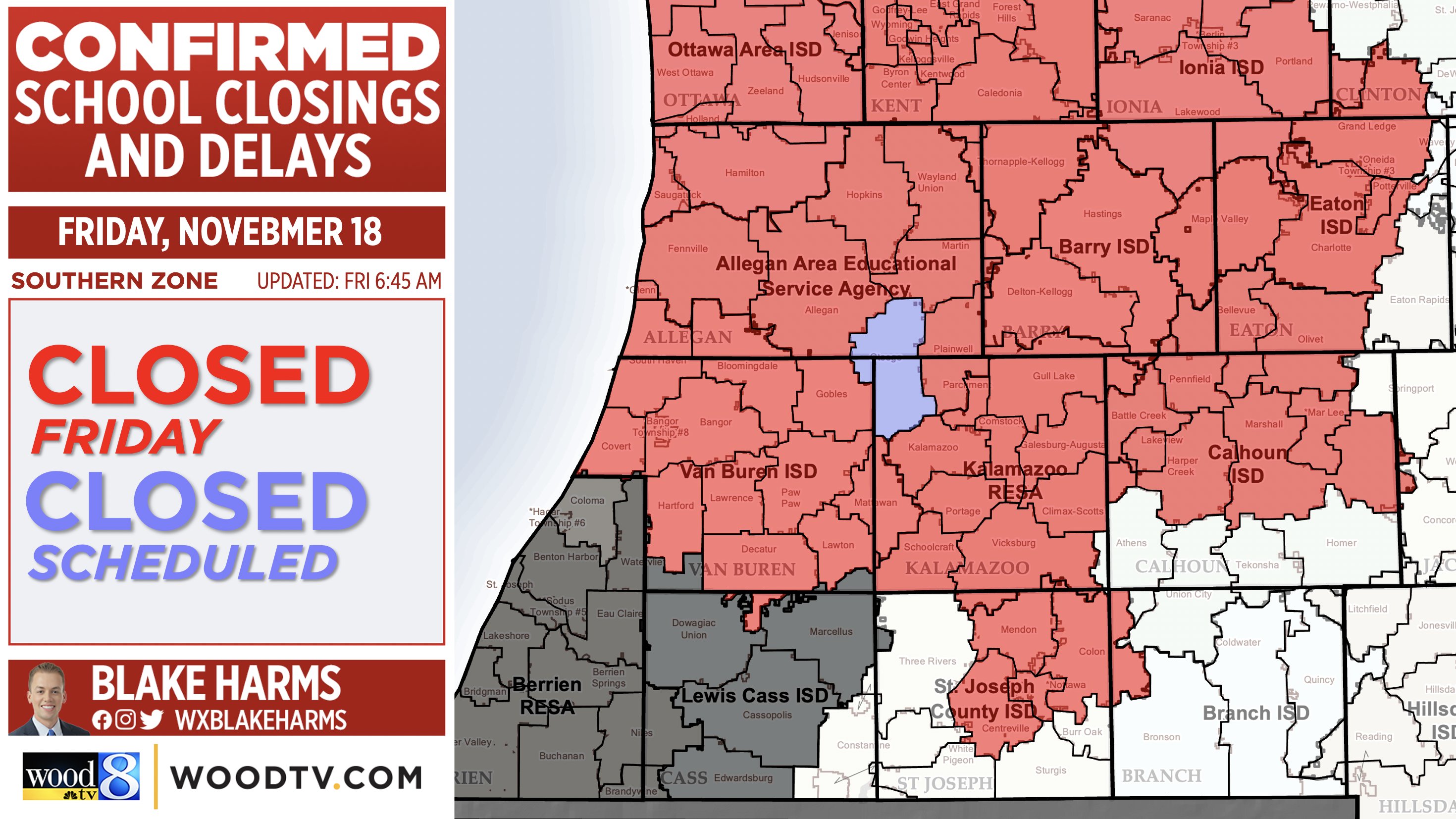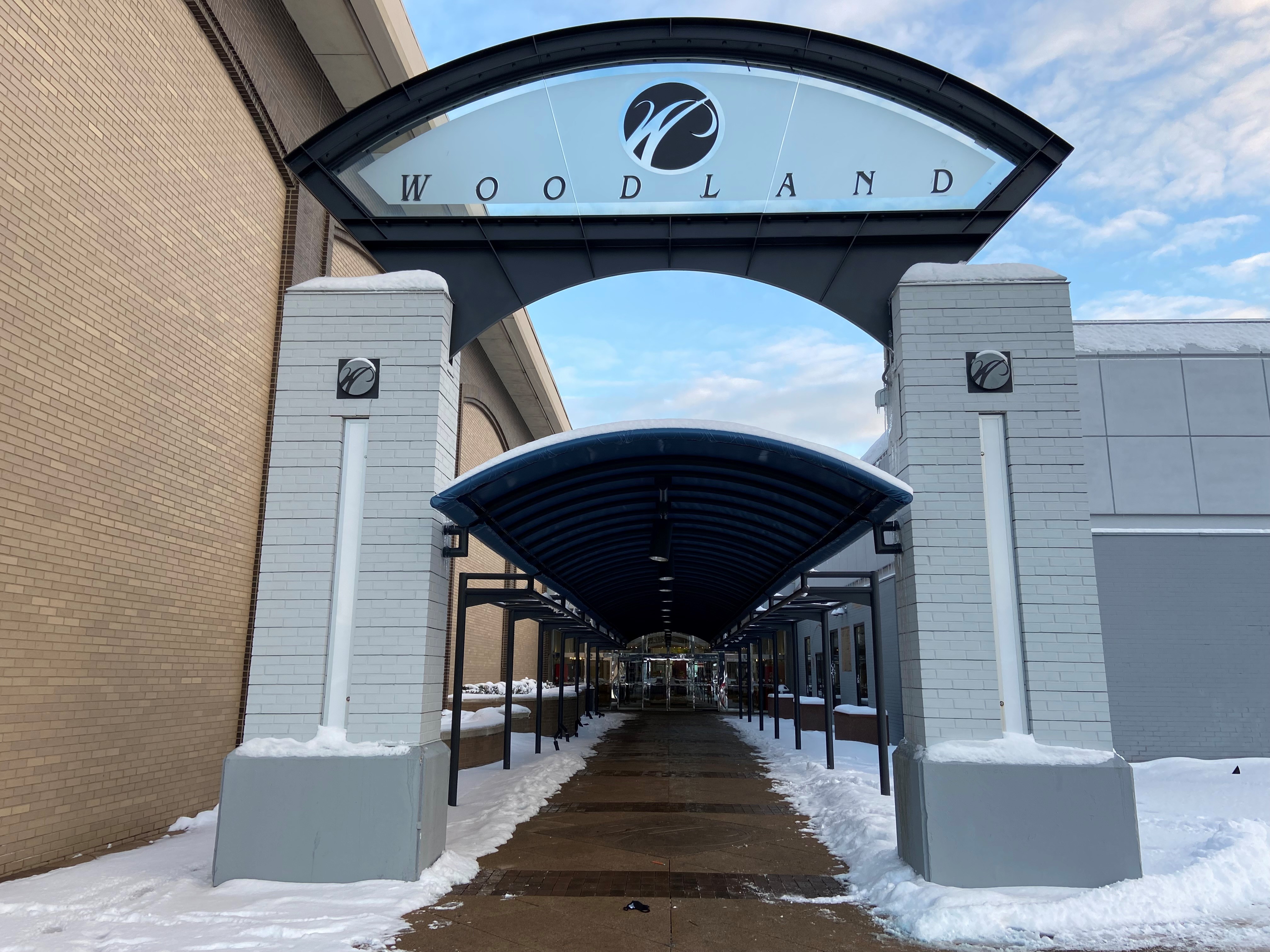Michigan School Closings: Up-to-Date Information For Parents And Students. Concerned about school closures? Get real-time updates and information here.
After a thorough analysis and research, we have compiled this comprehensive guide to assist parents and students in making informed decisions during school closures.
| School District | Closure Status | Date |
|---|---|---|
| Ann Arbor Public Schools | Closed | January 1, 2023 |
| Detroit Public Schools | Closed | January 1, 2023 |
| Grand Rapids Public Schools | Open | January 1, 2023 |
Key Takeaways
FAQ
For the most up-to-date information regarding school closures in Michigan, please Michigan School Closings: Up-to-Date Information For Parents And Students.
Michigan School Closings (@SchoolClosingMI) / Twitter - Source twitter.com
Question 1: How are school closure decisions made?
School closure decisions are made by local school districts in consultation with local health departments and the Michigan Department of Health and Human Services (MDHHS).
Question 2: What factors are considered when making school closure decisions?
Factors considered include the number of COVID-19 cases in the school community, the availability of staff, and the ability to provide a safe and healthy learning environment.
Question 3: What are the different types of school closures?
School closures can be full closures, partial closures, or hybrid closures. Full closures mean that all students are learning remotely. Partial closures mean that some students are learning remotely while others are attending school in-person. Hybrid closures mean that students are attending school in-person on a rotating basis.
Question 4: How long do school closures typically last?
The duration of school closures varies depending on the circumstances. Some closures may only last for a few days, while others may last for several weeks or months.
Question 5: What are the academic and social-emotional impacts of school closures?
School closures can have a significant impact on students' academic and social-emotional development. Students who are learning remotely may experience learning loss and may struggle to stay engaged with their studies. School closures can also lead to isolation and loneliness, which can have a negative impact on students' mental health.
Question 6: What can parents and students do to mitigate the impact of school closures?
Parents and students can mitigate the impact of school closures by staying connected with teachers and classmates, setting up a dedicated learning space at home, and encouraging students to participate in extracurricular activities.
School closures are a complex issue with no easy answers. However, by working together, we can ensure that all students have the opportunity to succeed during this challenging time.
Read the full article at Michigan School Closings: Up-to-Date Information For Parents And Students.
Tips
To ensure a smooth transition when school is canceled or delayed due to inclement weather, follow these tips:
Tip 1: Check school and district websites for up-to-date information.
Most school districts have websites that provide cancellation and delay information. These websites are typically updated as soon as a decision is made.
Tip 2: Listen to local radio and television stations for announcements.
Many local radio and television stations broadcast school closing information. Tune in to your local stations for the latest updates.
Tip 3: Follow school and district social media accounts.
Many schools and districts use social media to communicate with parents and students. Follow your school and district's social media accounts for the latest information.
Tip 4: Sign up for school closing alerts.
Some schools and districts offer school closing alerts. These alerts can be sent via email, text message, or automated phone call. Sign up for these alerts to receive the latest information.
Tip 5: Have a plan for childcare and activities in case of a school closing.
If school is canceled or delayed, make sure you have a plan for what your children will do. This may involve arranging for childcare, providing activities at home, or having them attend an after-school program.
Tip 6: Be prepared for power outages.
School closings can sometimes be accompanied by power outages. Make sure you have a plan for what you will do if your power goes out. This may involve having a backup generator, flashlights, and a battery-powered radio.
Tip 7: Stay informed about the weather forecast.
Keep an eye on the weather forecast to stay informed about potential school closings or delays. This will help you make informed decisions about your plans.
Tip 8: Be patient.
School closings and delays can sometimes be unpredictable. Be patient and understanding as school officials work to make the best decision for students and staff.
Following these tips can help you stay informed and prepared for school closings and delays.
Michigan School Closings: Up-to-Date Information For Parents And Students
School closings can disrupt students' education and parents' schedules. Staying informed about up-to-date information is crucial for making informed decisions and ensuring students' well-being.
- Timely Notifications: Quick and accurate alerts inform families about school closures due to weather, emergencies, or other reasons.
- Multiple Communication Channels: Schools use various methods like emails, text messages, and social media to provide closure updates.
- Online Resources: District websites and apps keep parents and students informed about closure schedules and provide additional resources.
- Alternative Learning Options: Some schools offer alternative learning options like online classes or make-up lessons to minimize learning disruptions.
- Parent-Teacher Communication: Parents can stay connected with teachers to discuss assignment adjustments or support for students during school closures.
- Community Support: In case of extended closures, community organizations often provide resources like childcare and meal assistance.
These key aspects ensure that parents and students have the necessary information to navigate school closures effectively. Timely notifications, multiple communication channels, and alternative learning options reduce uncertainty and provide support. Parent-teacher communication and community support foster a collaborative approach, ensuring students' well-being and academic progress even during school closures.
Michigan School Closings (@SchoolClosingMI) / Twitter - Source twitter.com
Michigan School Closings: Up-to-Date Information For Parents And Students
Real-time information on school closures in Michigan is crucial for parents and students to plan their schedules and ensure uninterrupted learning. Accurate and timely updates can mitigate disruption and provide clarity amid weather-related or other emergencies. Effective communication channels, such as official websites, social media, and mobile apps, are essential for disseminating closure information swiftly and efficiently.
Michigan School Closings (@SchoolClosingMI) / Twitter - Source twitter.com
Moreover, understanding the reasons behind school closures is equally vital. Weather conditions like snowstorms, tornadoes, or hurricanes can pose significant safety hazards for students and staff. Closures can also be prompted by building emergencies, such as fires, power outages, or structural issues. By recognizing these causes, parents can proactively prepare for potential disruptions and make informed decisions regarding childcare or alternative learning arrangements.
The practical implications of this information cannot be overstated. Access to up-to-date closure details allows parents to adjust work schedules, secure alternative childcare, or arrange for supervised learning environments. Students can plan their study time and stay on track with assignments despite school closures. This understanding also reduces uncertainty and anxiety, promoting a sense of preparedness and control during potentially stressful situations.
Key Insights:
- Timely and accurate school closure information enables effective planning and decision-making for parents and students.
- Understanding the causes behind closures provides context and helps in anticipating future disruptions.
- Access to closure details reduces uncertainty, promotes preparedness, and enhances the overall learning experience.
Conclusion
The provision of up-to-date information on school closures in Michigan is a critical aspect of ensuring a seamless and informed educational experience. It empowers parents and students with the knowledge to navigate disruptions efficacemently, safeguarding learning continuity and minimizing the impact of unforeseen events on the educational process.
As technology continues to advance, the dissemination of closure information will likely become even more efficient and accessible. This underscores the importance of ongoing investment in communication infrastructure and partnerships between schools and parents to maintain effective lines of communication in the face of potential closures. By embracing a collaborative and proactive approach, Michigan communities can foster a resilient and responsive educational system that prioritizes the safety and learning of all students.



